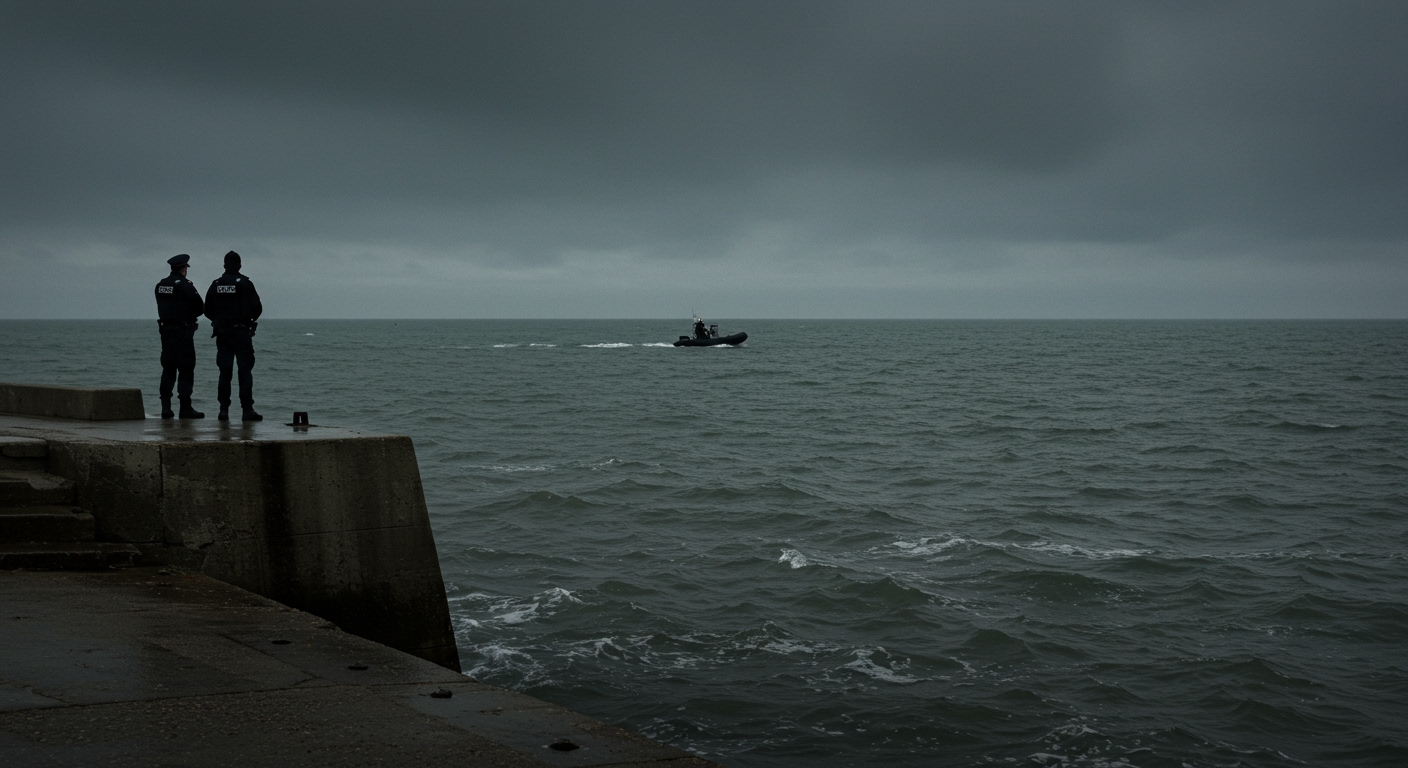London and Paris have struck a potentially landmark agreement aimed at tackling the persistent challenge of small boat crossings across the English Channel. The deal, announced in London on Thursday, July 10, 2025, by UK Prime Minister Keir Starmer and French President Emmanuel Macron, establishes a pilot plan that will, for the first time, allow Britain to send some migrants who arrive on its shores via this route back to France.
While initially a limited program in scope, the agreement is being hailed by UK officials as a significant breakthrough, potentially setting a crucial precedent for the return of migrants who reach Britain illegally via the Channel. The focus is specifically on those using small boats, a method that has surged in recent years, posing complex logistical and political challenges for both nations.
A New Phase in Returns Policy
The core of the new arrangement centers on establishing a mechanism for the UK to return specific individuals to France. UK Prime Minister Keir Starmer underscored the unprecedented nature of the initiative, stating unequivocally that “For the very first time, migrants arriving via small boat will be detained and returned to France in short order.” This statement highlights a shift in approach, aiming for swifter processing and removal of individuals who have traveled through France to reach the UK.
Previous agreements between the two countries have largely focused on bolstering French efforts to prevent migrants from leaving its coastline, including funding for surveillance equipment, patrols, and increased personnel. While those efforts continue, this new pilot plan introduces a component of post-arrival returns from the UK back to France, addressing a demand from London that has been a key point of negotiation.
Addressing a ‘Burden’ for Both Nations
The agreement comes after prolonged discussions between British and French authorities. French President Emmanuel Macron had previously indicated his and Prime Minister Starmer’s shared objective of achieving “tangible results” on the issue of irregular migration via the Channel. He described the situation as a “burden for our two countries,” acknowledging the strain it places on resources and border management on both sides of the waterway.
The complexities of international law, asylum processes, and bilateral relations have historically made returns to European countries, particularly France, exceptionally difficult for the UK. The legal pathways and criteria for such returns have been narrow, often requiring proof that France was the last country of transit where the individual could have claimed asylum safely, among other conditions. The pilot plan aims to navigate some of these complexities, though the specific legal framework and criteria for determining which migrants qualify for return under this new scheme will be critical details under scrutiny.
Establishing a Precedent
UK officials believe the significance of this pilot lies not just in the numbers it might initially affect, but in establishing the principle of returns to France for those arriving by small boat. By creating this precedent, London hopes to build the foundation for a potentially wider, more comprehensive returns agreement in the future. This could fundamentally alter the calculus for individuals considering the dangerous Channel crossing, potentially deterring some from making the journey if they know they face rapid return to France.
However, the implementation of the pilot is expected to face challenges. Legal challenges from migrant support groups and human rights organizations are anticipated, questioning the legality and humanitarian implications of returning individuals to France. The practicalities of detention, processing, and organizing returns within the “short order” mentioned by Prime Minister Starmer will also require significant logistical coordination between UK and French authorities.
Wider Cooperation Efforts
The pilot returns program is not a standalone measure but is part of wider efforts to enhance cooperation with France and other countries along migrant routes. The UK has been actively engaging with European partners and countries of origin and transit to disrupt people-smuggling networks and address the root causes of irregular migration. This new agreement with France is presented as a key piece of this broader strategy, focusing specifically on the operational challenge posed by Channel crossings.
The success of the pilot plan will likely be measured by its effectiveness in facilitating returns, its impact on the number of successful crossings, and its ability to withstand potential legal and political challenges. For now, London and Paris are highlighting the agreement as a demonstration of their commitment to working together to manage a shared and pressing issue.
Path Forward
The pilot scheme is set to begin implementation in the coming weeks, with details on its scale and criteria expected to be finalized. The commitment from both Prime Minister Starmer and President Macron underscores a mutual desire to find tangible solutions to the complex migratory pressures affecting their borders. The world will be watching closely to see if this significant breakthrough translates into a sustainable and effective mechanism for managing migration across the English Channel, setting a new standard for bilateral cooperation on this critical issue.





